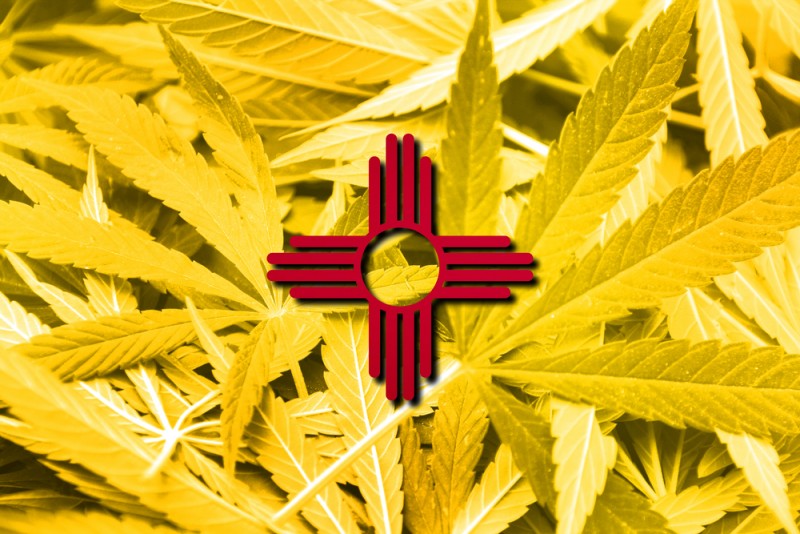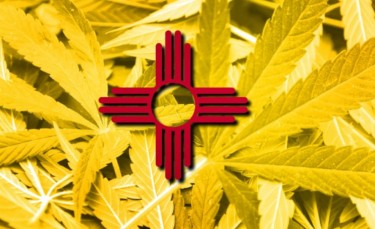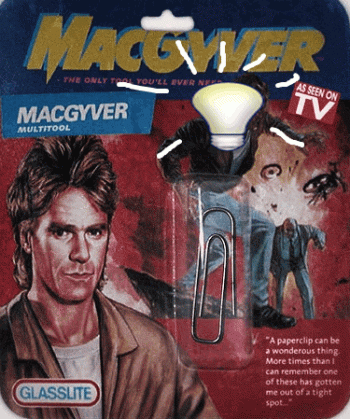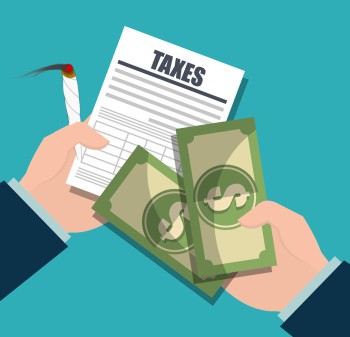Recreational Marijuana is Now Legal in New Mexico as New Law Goes into Effect
New Mexico has become an officially legal marijuana state, and it calls for some pot celebration!!
Its Official: Marijuana is Now Legal in New Mexico.
New Mexico recently enacted a law that legalizes marijuana. With this new legislative piece set in motion in June 2021, there is a cap on personal cannabis possession for those above 21.
Those who possess marijuana in the state can only hold up to 56 grams, and 16 grams of cannabis concentrates. Individuals can now cultivate up to 6 plants for personal cannabis consumption, but it will take some time before retail sales commence as it is with a new law.
Several states in America are taking marijuana legalization seriously, just like New Mexico. Some states also announced their legalization laws in the same week as Mexico, including Connecticut and Virginia. Both states reported that they are putting a stop to cannabis prohibition, which is fantastic news for the marijuana industry.
The regulators in New Mexico are now urged to organize an advisory committee that will start accepting cannabis licenses before September 1. The regulators are under the office of the State Department of Regulation and Licensing.
Now, what's next for New Mexico's marijuana industry?
The new law legalizing cannabis is the first step in the right direction, but there are many other steps to take after this first move. The bill talks about these subsequent steps the state will take from the moment it legalized cannabis.
-
One of such steps entails the issuance of cannabis licenses to commercial marijuana companies in January 2022.
-
There will be several license marijuana training and educational programs to strengthen the newly legalized industry.
-
The sale of retail cannabis will also commence by April 1, 2022.
-
Regulators in New Mexico will carry out their first public hearing on the rules governing the production of cannabis.
These steps are all in tandem with ensuring that the marijuana market in New Mexico sticks to safer ways of getting and utilizing marijuana. Every newly legalized state remains vulnerable to relapses, seeing more people relying on cannabis from the black market.
However, with rules and measures like what is listed above, it becomes easier for such states to boost their legalized market and gradually start cutting off the illicit market.
For decades, people were arrested and locked in jail for possessing cannabis or growing the plant. Those were dark years, but now New Mexicans can let go of their apprehension.
The senior director for resident states and New Mexico for Drug Policy Alliance, Emily Kaltenbach, insists that the "Fight is not over.' She asserts that there is still a lot to be done with repairing the damages caused by prohibition. New Mexico is committed to advocating for equity and diversity in its new legal industry in the future.
She also reiterates that the newly legal industry starting in 2022 should be included in the budget sessions to ensure the sector gets the funding it needs for reinvestment into communities that were previously harmed.
The thriving New Mexico legalized cannabis market
There is a limit on the business licenses that can be issued and the facilities a license holder can open under the new program. Regulators have also halted the distribution of new licenses until an advisory council can determine that the "Market equilibrium is deficient."
Anyone buying marijuana gets an added 12% excise tax which is added to the regular 8% sales tax. But from 2025, the excise tax rate will increase by 1% yearly until 18% in 2030.
Additionally, all medical marijuana products will be available to caretakers and patients but will be excluded from tax systems. Medical patients can gain access to medicine after the adult-use market is open. The cannabis bill will also allow the state to demand that licensed marijuana producers save up to 10% of their products for patients.
Such preservation aims to ensure that patients have easy access to cannabis products, especially in times when there is a scarcity. The state of New Mexico is prioritizing the health of its citizens and ensuring that the new cannabis industry is set up to favor the medical sector.
Additionally, local authorities aren't permitted to ban marijuana as other states do entirely. But districts can do so as a way of maximizing their local zoning rights. Such districts can reduce the number of retailers they offer licenses or the proximity of their dispensaries and farms to critical parts of town.
Critical parts of town refer to daycare centers, schools, or other areas the locals consider as being too sensitive or close to the cannabis dispensary. A previous poll showed that New Mexico voters were willing to vote (if necessary) to the legalization of marijuana. The survey was conducted back in October, with many residents saying "YES" to legalization.
Their wishes have come to fruition with these new laws. Despite half of the population supporting decriminalization of drug possession, the more significant percentage supports legalization.
In states where cannabis is illegal, more people are against legalizing it than those who support it. But regardless of their initial hesitation, marijuana will eventually become legalized as more states take bold steps like New Mexico.
Bottom Line
New Mexico has joined the league of states passionate about securing the future of marijuana for their citizens. Medical marijuana, in particular, is crucial at this time because of the role it plays in aiding relief for those who may have been struggling with one illness or the other.
New Mexico has also accepted a correspondent bill that offers expungements for all prior marijuana convictions. Courts have been mandated to reopen cases within the first four weeks of the new legislation going into effect.
More so, the legalization of cannabis anywhere means the illegal marijuana market will shrink, and people will have access to safer products. With all of these in place, the stage is set for the people of New Mexico to enjoy the values of a legal cannabis society.






